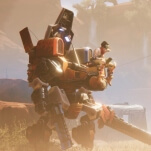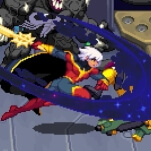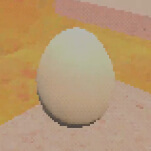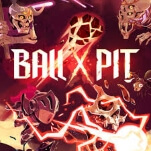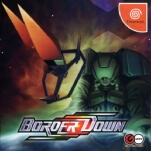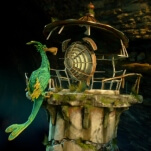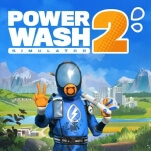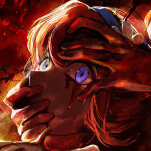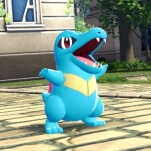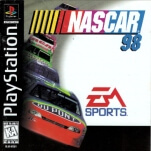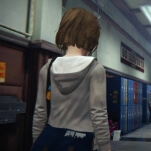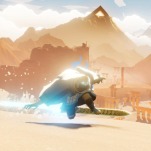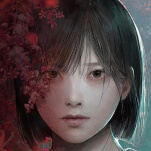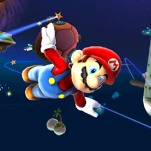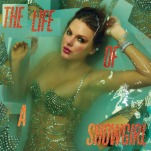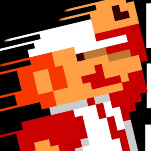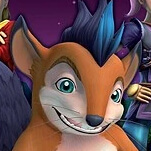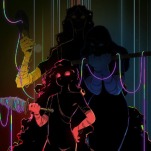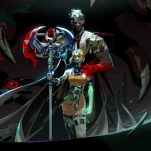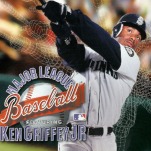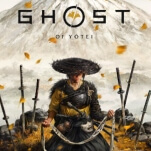Start Press: Metal Foes & Metaphors
“A metal slime draws near.”
If you scrubbed off his goofy grin, he’d be indistinguishable from a silver foil-wrapped Hershey’s Kiss. His buggy round eyes gleam like a pair of tadpole eggs. As far as monsters go, he’s about as unthreatening as they come. But anybody who’s played an installment of Square-Enix’s Dragon Quest RPG franchise, understands that the metal slime is not meant to inspire fear. The metal slime is purely an object of desire. Toppling one of these gelatinous buggers awards your band of adventurers a truckload of experience points, fast-tracking your stat boosting and potentially shaving hours off your level-grinding efforts.
Ok, find and kill a few metal slimes. Sounds simple enough. Not so fast: even if you know which cave they hang around, you rarely encounter one. And, even though they might only have a paltry three or four hit points, they typically run away before you’ve dispensed the requisite damage. If you’re able to get off an attack before the metal slime flees, he dances nimbly about, dodging your blows like some voodoo prankster piñata.
The fact that the metal slime is nearly identical to the regular slime, the feeblest enemy in the entire game, merely compounds player frustration. It’s a recipe for a projectile videogame controller, if ever there was one. Though it doesn’t happen very often, every once in a while you deliver a critical hit, sending the metal slime into the great beyond. These occasional victories trigger a slot-machine jackpot of endorphins and experience points, cha ching.
The metal slime and I have faced off countless times over the years, going all the way back to my childhood. We have history, the two of us. But I’ve only recently started viewing him as something more than a videogame nemesis. While plowing through Dragon Quest IX: Sentinels of the Starry Skies, the metal slime began to take on a metaphorical weight that he hadn’t before. Possibly because I’m more self-aware when I play games these days. I have to mulch games for column fodder. Because I need to figure out which critical stance I’m going to fortify. I find it increasingly difficult to submerge myself fully in a game’s fiction because my notebook of critical observations always beckons from outside the fantasy.
Documenting the experience of art involves waking yourself repeatedly. When you do this long enough, you start to become a shallow sleeper. It’s the curse of being a critic, but necessary if you hope to illuminate the experience for others. Occasionally a game weaves such a strong spell that you can’t help but fall deeply under its hypnosis. That’s why my level of delight in a game is always inversely proportional to the volume of relevant notes scribbled in my Moleskine notebook, always.
-

-

-

-

-

-

-

-

-

-

-

-

-

-

-

-

-

-

-

-

-

-

-

-

-

-

-

-

-

-

-

-

-

-

-

-

-

-

-

-


